 Though the earth and all inferior creatures be common to all men, yet every man has a property in his own person. This nobody has any right to but himself. The labour of his body, and the work of his hands, we may say, are properly his. Though the earth and all inferior creatures be common to all men, yet every man has a property in his own person. This nobody has any right to but himself. The labour of his body, and the work of his hands, we may say, are properly his.  Principles of Political Economy - Page 18by George Poulett Scrope - 1833 - 457 pagesFull view Principles of Political Economy - Page 18by George Poulett Scrope - 1833 - 457 pagesFull view - About this book
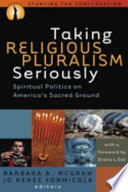 | Barbara A. McGraw, Jo Renee Formicola - Religion and politics - 2005 - 368 pages
...philosophes. John Locke believed that each individual has "a property in his own person: this nobody has a right to but himself. The labour of his body, and the work of his hands, we may say, are properly his."45 Among the founders of the American Republic who studied him, Locke's... | |
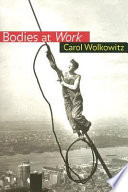 | Carol Wolkowitz - Business & Economics - 2006 - 230 pages
...foundational text of liberal thought dictated that: every man has a property in his own person. This nobody has any right to but himself. The labour of his body and the work of his hands, we may say, are properly his. (Second Treatise on Civil Government 1690) Yet at the same time as Locke... | |
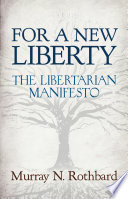 | Murray Newton Rothbard - Free enterprise - 1978 - 433 pages
...and vision. John Locke put the case this way: . . . every man has a property in his own person. This nobody has any right to but himself. The labour of his body and the work of his hands, we may say, are properly his. Whatsoever, then, he removes out of the state that nature hath provided... | |
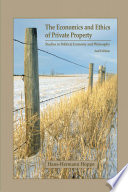 | Hans-Hermann Hoppe - 2006 - 446 pages
...Laslett (Cambridge: Cambridge University Press, 1960). [E]very man has a property in his own person. This nobody has any right to but himself. The labour of his body and the work of his hands, we may say, are properly his. Whatsoever then he removes out of the state that nature hath provided,... | |
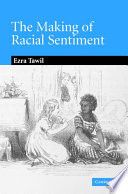 | Ezra Tawil - Literary Criticism - 2006 - 26 pages
...formulations in Locke's Second Treatise: . . . every man has Property in his own Person. This no Body has any Right to but himself. The Labour of his Body, and the Work of his Hands, we may say, are properly his. Whatsoever then he removes out of the State that Nature hath provided,... | |
 | VD Mahajan - Political Science - 2006 - 936 pages
...common. Before their use, man must appropriate them. "Every man has a property in his own person. Thus nobody has any right to but himself. The labour of his body and the work of his hand, we may say, are properly his". "Whatever a man removes out of its natural state, he has mixed... | |
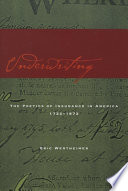 | Eric Wertheimer - Literary Criticism - 2006 - 220 pages
...inferior Creatures common to all Men, yet every Man has a Property in his own Person. This no Body has any Right to but himself. The Labour of his Body, and the Work of his Hands, we may say, are properly his. Whatsover then he removes out of the State that Nature hath provided,... | |
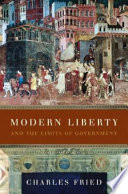 | Charles Fried - Liberty - 2007 - 236 pages
...naturally from our rights to our persons: Every man has a property in his own person: this no body has any right to but himself. The labour of his body, and the work of his hands, we may say. are properly his. Whatsoever then he removes out of the state that nature hath provided,... | |
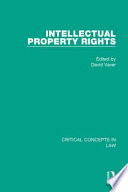 | D. Vaver - Law - 2006 - 320 pages
...In his Treatise, Locke famously wrote that "every Man has a Property in his own Person. This no Body has any right to but himself. The Labour of his Body, and the Work of his Hands, we may say, are properly his." Three generations later, the poet Edward Young, writing with the assistance... | |
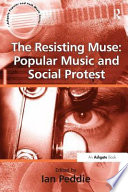 | Ian Peddie - Music - 2006 - 262 pages
...inferior Creatures, be common to all Men, yet every Man has a Property in his own Person: this no Body has any Right to but himself. The Labour of his Body, and the Work of his Hands, we may say, are properly his. Whatsoever then he removes out of the State that Nature hath provided,... | |
| |